Since Konami began shifting away from AAA game development, many gamers have been in uproar. The publisher once known for its extensive gamer-centric line-up redirected its attention toward mobile gaming, leaving behind dozens of great IPs and an unfinished release of its last big project, Metal Gear Solid V: The Phantom Pain.
Even with months having passed, many gamers struggle to understand what Konami is doing. It's only when you look at the trends and numbers that the unfortunate sequence of events begins to make sense.
Game Development Isn't a Charity
Gamers often misconstrue the intentions of a publisher. While, yes, they want the games they publish to be received in a positive manner, that's only in the interest of making money.
Konami is just one example of a publisher with a lot of money on the line. As with any public company, the core focus of its executive cast is to grow the company and satisfy shareholders. When performing well, it's able to increase in value, hire additional employees, and work on more projects simultaneously. When it's in the red, as it has been for a few years, job insecurity infiltrates the work environment.

The last few years haven't worked for Konami, and it'd be unfair to say that it didn't try. It spent tens of millions of dollars funding MGSV: The Phantom Pain's development as well as its all-new Fox Engine. It rebooted Castlevania to bring it up to modern times, earning acclaim in the process. It even established a yearly franchise that earns high marks among soccer fans in the form of Pro Evolution Soccer.
Unfortunately, these games didn't bring in as much money as Konami hoped for. Shareholders asked for dramatic change, and it happened.
Game Sales Aren't As Profitable As You'd Think
MGSV: The Phantom Pain is confirmed to have sold three million units. To the average spectator that number may seem to be enough to break even on development costs, but the reality is it doesn't even come close.
MGSV: The Phantom Pain is a game that cost, at the bare minimum, $80 million to create. The truth is that game releases are much more complicated than just making a game and then tossing it onto store shelves. Konami had to account for many different costs, some of which reside on the supply chain, others come at the expense of the marketing necessary to create product awareness. With these elements factored it wouldn't be surprising if the game and its release has cost anywhere between $100 and $120 million.
Making a profit on a game that cost $100 million to make is a major deal. The publisher makes less than 50% on each physical game sale, meaning that when a game disc is sold at $60, a company like Konami will only receive around $25 to $28. The rest of the money goes to the retailer, distribution, platform royalties, and more.
With these numbers in mind, you can safely say that MGSV: The Phantom Pain will have to move anywhere between five to six million units to break even. Considering that a sizeable portion of game sales come within the first month, and the game is only edging above the three million mark at this point, it has a long road to profitability ahead.
Mobile Is Where The Money's At
If this were 10 years ago, Konami wouldn't have many options for how to make its business model sustainable. But this is 2015, a time in which mobile gaming makes more revenue than consoles, and at far less risk. Anyone who is watching the trends and follows the path of least resistance has every reason to make the transition to mobile.
The appeal of mobile gaming from a publisher perspective is quite simple. Mobile revenues are on the rise, reported to be at above $20 billion in 2014, and estimated to surpass $35 billion by 2017. This is led by games with shorter development cycles that in virtually every case don't come even close to costing $80 million to develop. With a massive install base to reach that has a wide variety of tastes, it's a huge opportunity for publishers and developers alike.
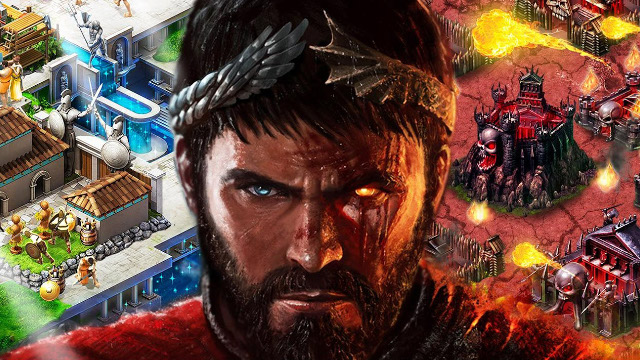
Meanwhile, AAA game development is becoming less attractive with time. Any game that doesn't meet the remarkably high presentation and gameplay standards of today's gamers has almost no chance at making a modest profit. Some of the greatest developers in history have fallen off as the industry shifts toward a focus on risk-adverse annual releases (i.e. Call of Duty, Madden NFL, and Assassin's Creed) and first-party exclusives (i.e. Halo 5: Guardians, Super Mario Maker, and Uncharted 4: A Thief's End) that are used to push hardware.
With all this in mind, it's understandable that a struggling corporation like Konami would alter its business strategy in such a dramatic manner. Sure, it's painful to know that Silent Hills was killed along the way, and that things will never be the same, but the outcome is a lot better than having more than 5,000 individuals out of a job.
15 Great IPs That Will Die Along With Konami
15 Great IPs That Will Die Along With Konami
-
Bomberman
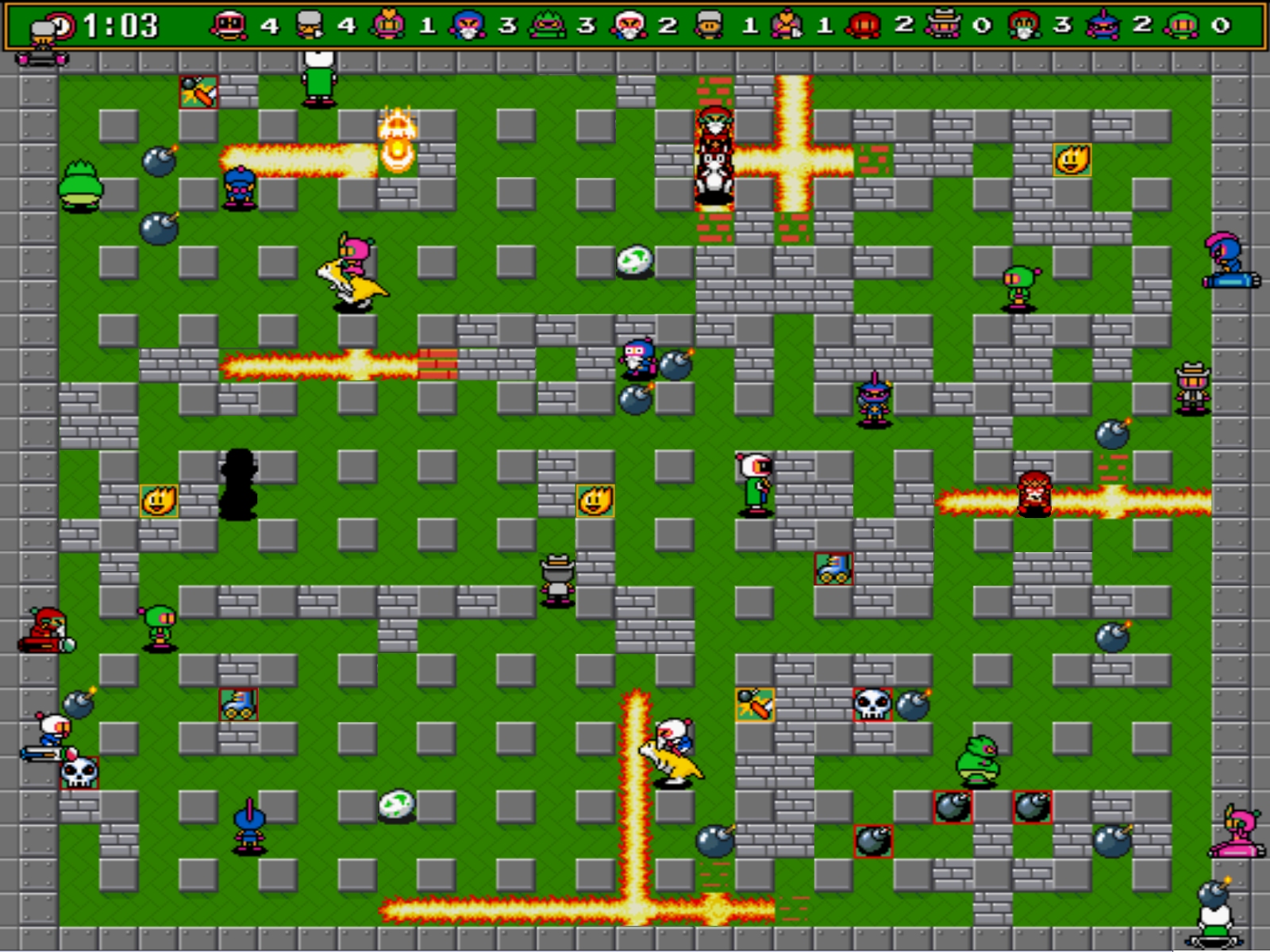
First Release: Bomberman (1983)
rnGenre: Action
rn
rnKonami acquired the Bomberman IP when it absorbed Hudson Soft in 2012. Known for its frantic gameplay, it's had more than 70 releases during the past three decades, becoming one of the most iconic IPs in gaming along the way. -
Castlevania
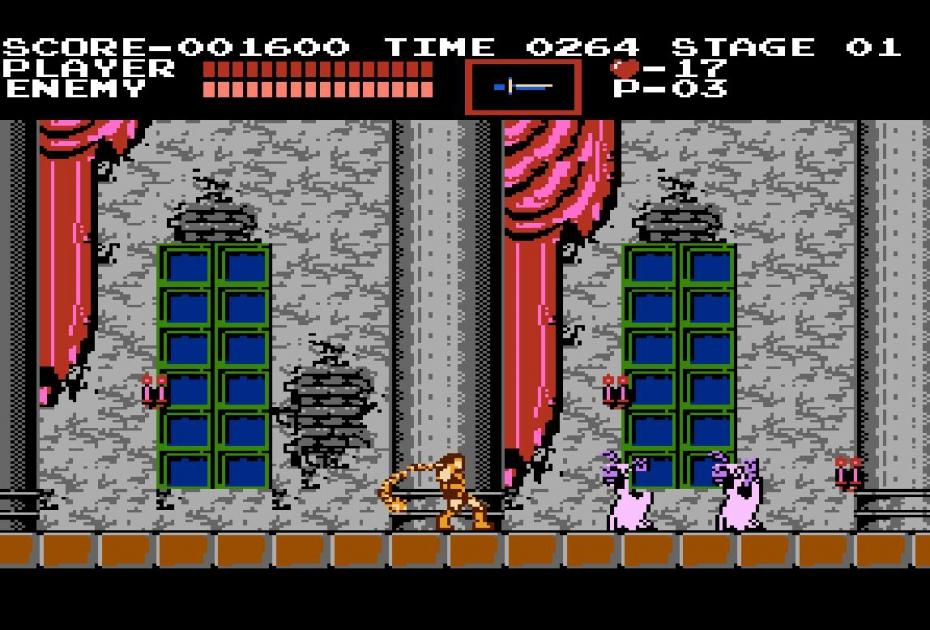
First Release: Castlevania (1986)
rnGenre: Action-Adventure
rn
rnCastlevania has lived a long and prosperous life with over 40 releases. Its vampire themes and excellent level design have made it one of the most prominent IPs in the industry. -
Contra

First Release: Contra (1987)
rnGenre: Run and Gun
rn
rnContra has earned a reputation for exciting gameplay that drives players to endure its grueling difficulty. It hasn't had much success in the modern era, but is considered one of the greats of the late 80's. -
Dance Dance Revolution
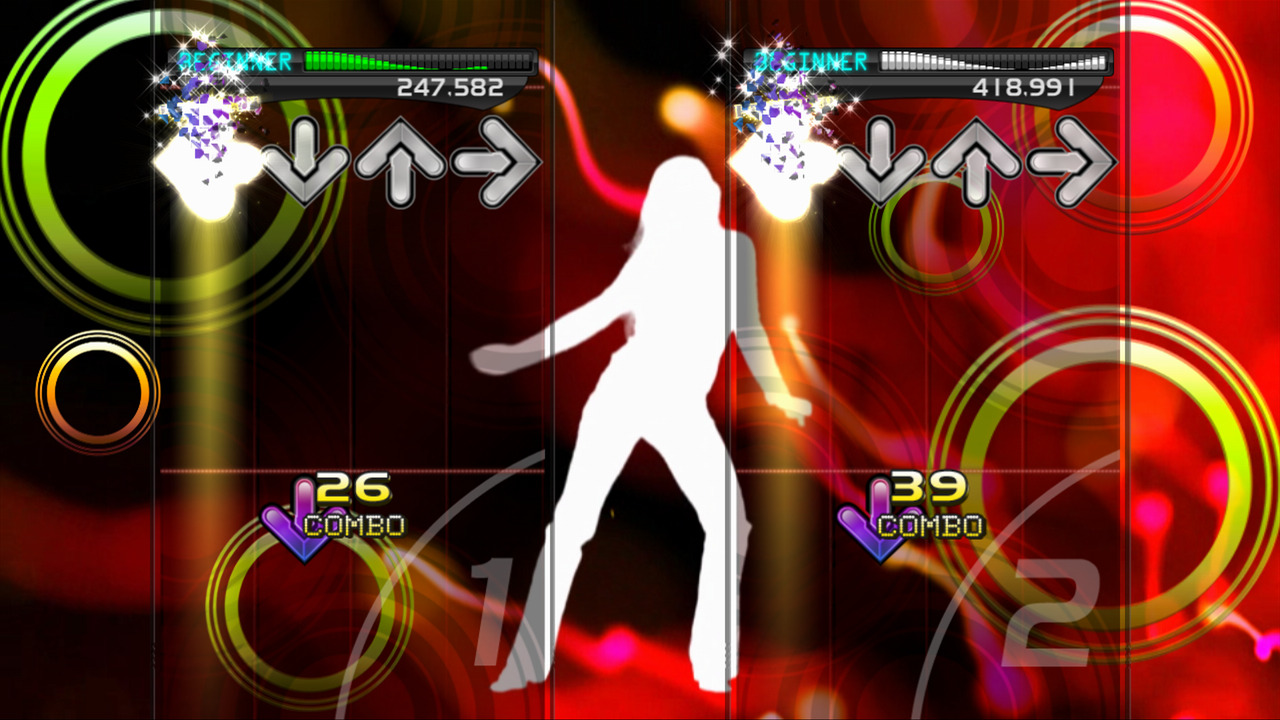
First Release: Dance Dance Revolution (1998)
rnGenre: Rhythm
rn
rnIn the late 90's arcades began to struggle, and then Dance Dance Revolution hit the market. Young adults swarmed local arcades to dance off with their friends. Soon, they were able to enjoy the rhythmic competition from their home with console releases. -
Frogger

First Release: Frogger (1981)
rnGenre: Action
rn
rnFrogger is one of many examples of simplicity triumphing over complex game design. It was a smash hit on its original release, with the series eventually selling over 20 million copies worldwide. -
Gradius
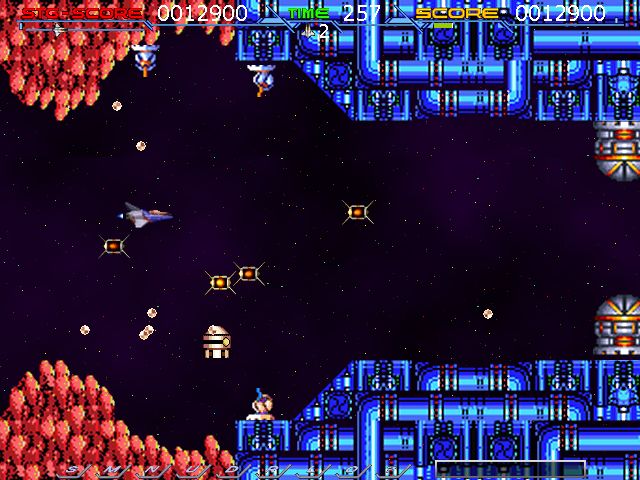
First Release: Gradius (1985)
rnGenre: Scrolling shooter
rn
rnThe 80's were rich with sci-fi games, few bearing more significance than Gradius. Its thrilling gameplay stands the test of time, with modern titles such a Resogun taking influence from the Konami classic. -
Metal Gear
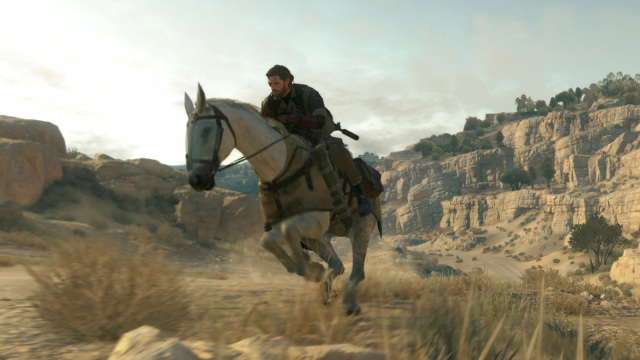
First Release: Metal Gear (1987)
rnGenre: Stealth action-adventure
rn
rnFew franchises ever have the opportunity to become as big as Metal Gear. Regarded by many as one of the greatest franchises in gaming, it has survived five gaming generation transitions, consistently performing well critically and financially. It stood at over 41 million copies sold prior to this month's release of Metal Gear Solid V: The Phantom Pain making it one of the 25 best-selling series in the world. -
Ganbare Goemon
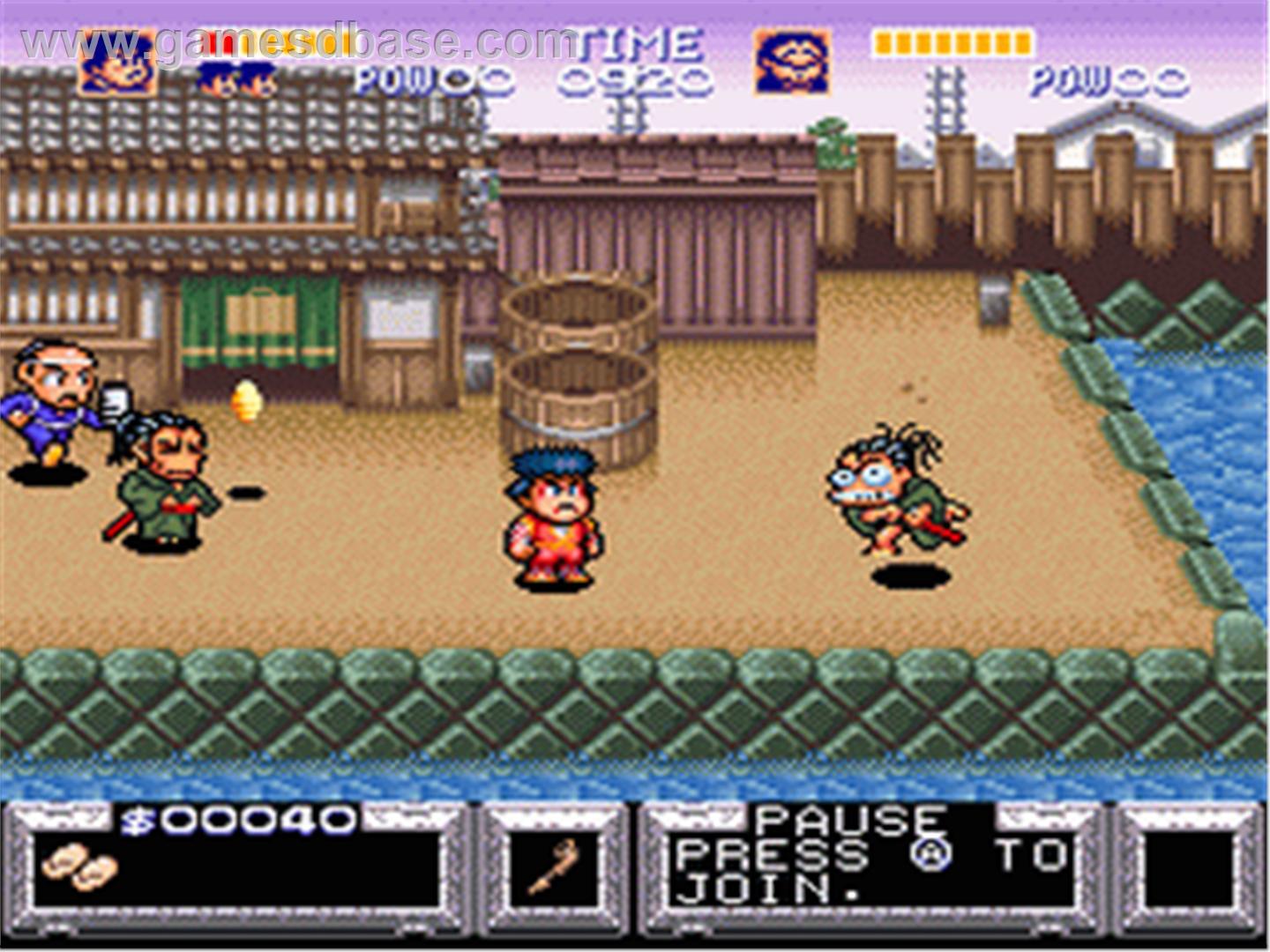
First Release: Mr. Goemon
rnGenre: Action
rn
rnAlthough not particularly well-known outside of Japan, Ganbare Goemon has a legacy spanning almost 30 years. Its anime and manage presence has made it a popular title in the region. -
Policenauts
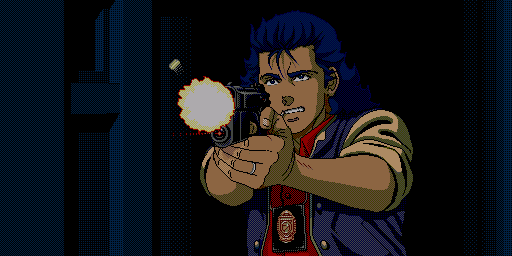
First Release: Policenauts (1994)
rnGenre: Visual novel
rn
rnAlthough Hideo Kojima is most known for his work on Metal Gear, Policenauts was his first major success. The visual novel was extremely well regarded during its time, deviating from the popular genres of the time and delivering a compelling narrative that made it stand out. -
Road Fighter

First Release: Road Fighter (1984)
rnGenre: Racing
rn
rnRoad Fighter found a solution to those who wanted to experience the thrill of driving down a road during the 8-bit era. Its exciting gameplay resulted in a port to mobile in 2005 that sold well in Japan. -
Sparkster/Rocket Knight
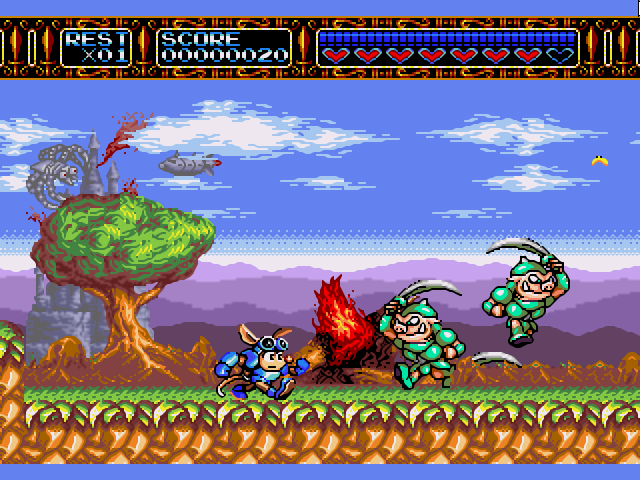
First Release: Sparkster (1994)
rnGenre: Platformer
rn
rnSparkster was one of Konami's greatest successes on the SNES due to its more action oriented approach to the platformer genre. It would later transition to a new design methodology with the Rocket Knight moniker, which recently performed well on Xbox 360 in 2010. -
Suikoden
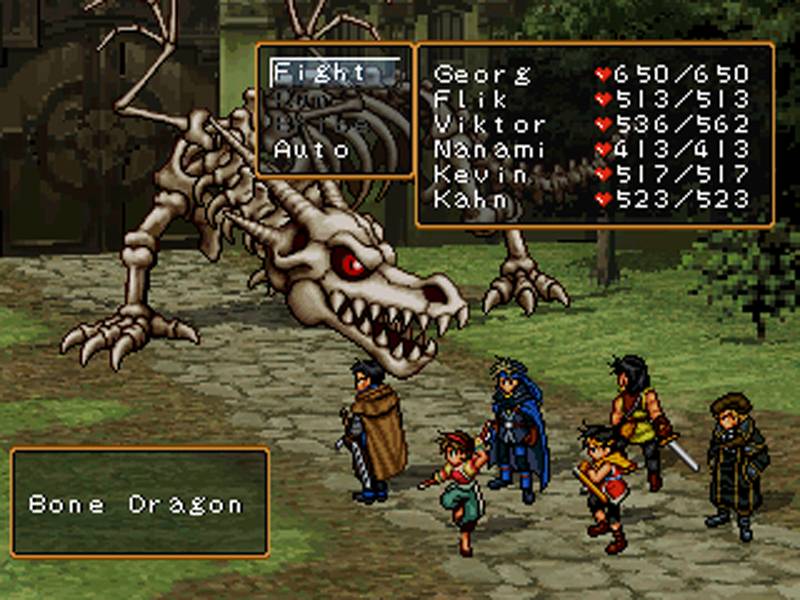
First Release: Suikoden (1995)
rnGenre: Japanese Role Playing
rn
rnFor fans of JRPGs Suikoden holds a special place in the heart. Its massive cast of characters and epic narratives have made it stand out in a genre oversaturated during the period. -
Sunset Riders
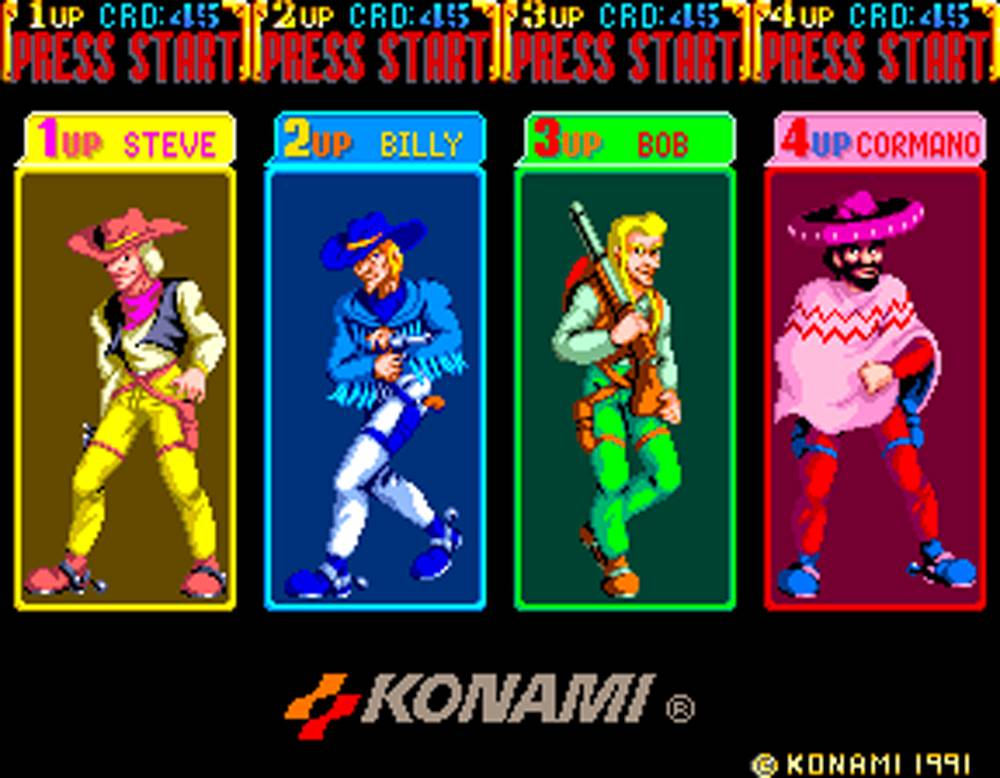
First Release: Sunset Riders (1991)
rnGenre: Run and gun
rn
rnAlthough Sunset Riders has had only one release, its highly enjoyable co-operative gameplay made it one of the best arcade titles of 1991. With co-operative games becoming increasingly rare in today's age, it had potential to fit an important place in the living room. -
Zone of the Enders
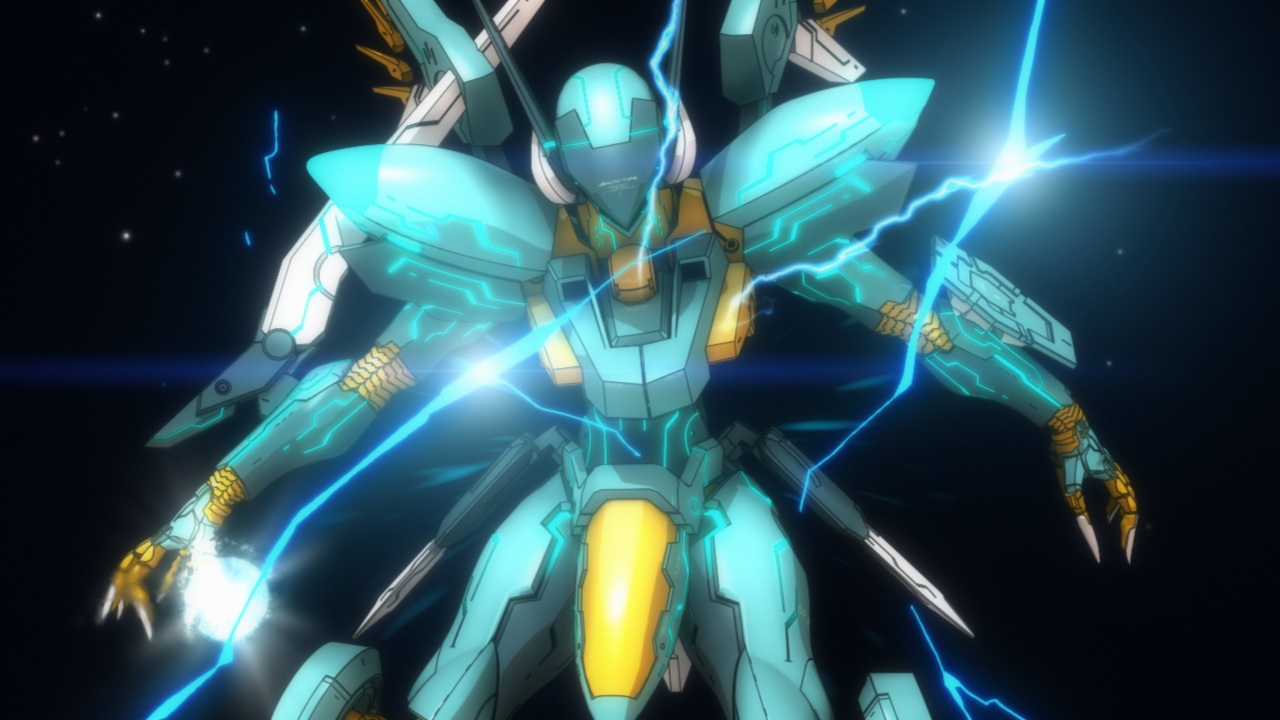
First Release: Zone of the Enders (2001)
rnGenre: Hack and slash
rn
rnZone of the Enders is yet another creation of Hideo Kojima that resonated well. Featuring bipedal robots armed with melee and ranged weaponry, its high-speed hack and slash gameplay delivered a style unique to the period. -
Silent Hill
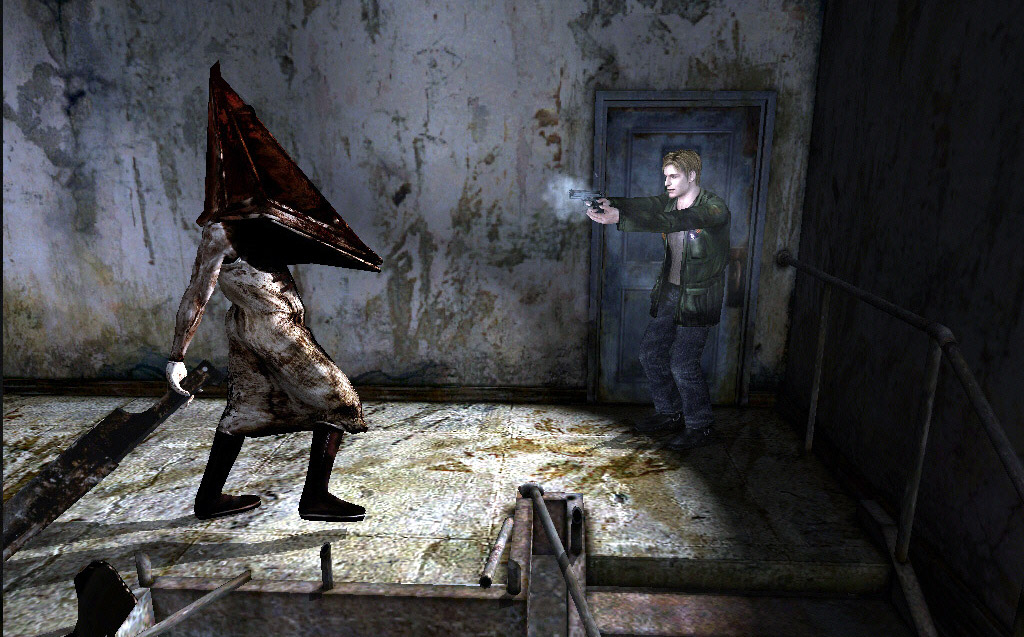
First Release: Silent Hill (1999)
rnGenre: Survival horror
rn
rnNext to Resident Evil, there is no larger survival horror franchise than Silent Hill. It has earned a reputation for delivering bone-chilling psychological horror that makes a strong impression on the player. It's had more than 10 releases, with recent titles falling off in critical reception and sales. A revival called Silent Hills began conceptualization in 2014 with Hideo Kojima and Guillermo Del Toro at the helm, but was later canceled by Konami.











